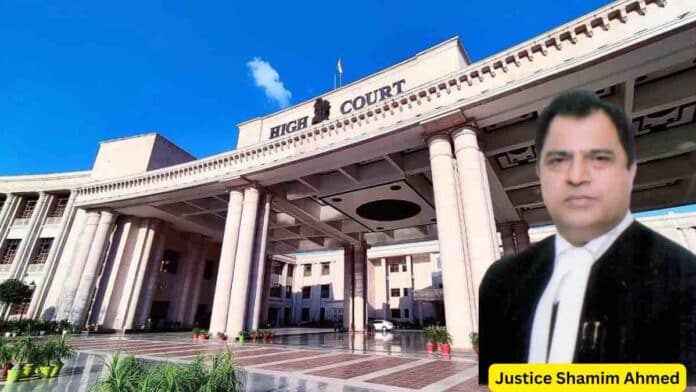In a significant ruling, the Allahabad High Court has quashed property attachment orders passed against a man under the Uttar Pradesh Gangsters and Anti-Social Activities (Prevention) Act, 1986. The court held that the authorities failed to establish that the properties were acquired through criminal activities. Background: The case pertains to attachment orders passed by the
To Read More Please Subscribe to VIP Membership for Unlimited Access to All the Articles, Download Available Copies of Judgments/Order, Acess to Central/State Bare Acts, Advertisement Free Content, Access to More than 4000 Legal Drafts( Readymade Editable Formats of Suits, Petitions, Writs, Legal Notices, Divorce Petitions, 138 Notices, Bail Applications etc.) in Hindi and English.




